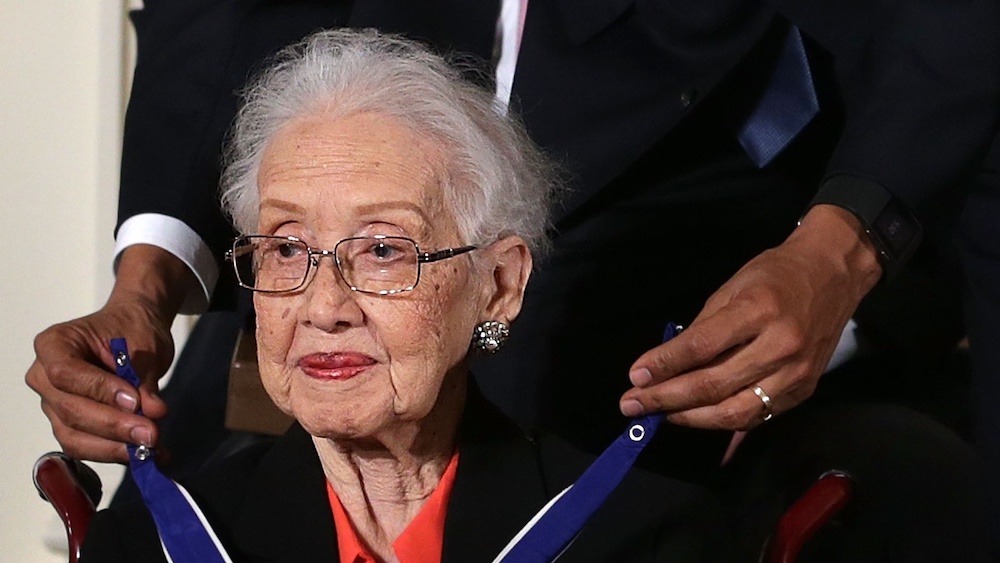If you’re interested in sharing your opinion on any cultural, political or personal topic, create an account here and check out our how-to post to learn more.
____
When Katherine Johnson passed away on February 24, I immediately thought of the incredible fanfare that followed the release of the film, Hidden Figures, in 2016. When the movie came out (and in the three years since), I’ve loved seeing little Black girls dressed as the cast for Halloween, newly illustrated children’s books and tons of social media posts of inspired young girls mimicking what they saw on the big screen. It brought to life the quote, “If you can see it, you can be it.” Johnson's story inspired us.
But if we’re not careful, there’s a potential danger here. Long-term representation is at stake if we are counting on Hollywood to capture the totality of our greatness. Instead of relying solely on narratives of trailblazers that gain power from the invisibility of Black women, it’s also important to celebrate the everyday examples of Black women who are putting in the work right now. We don’t need to wait 50 years to lift up the women who are blazing trails today. But let me backup and explain why this is important to me, personally.
Black women aren’t a monolith, and every story looks different. As the CEO of Reboot Representation, it becomes more and more clear that my education and tech experience is an outlier. To me, a career in tech seemed inevitable. My interest in computers started when I was a kid. I studied computing and business in college. I moved into a technical career and up the ranks, ultimately ending up as a VP at MasterCard. In short, I’ve spent my whole career in corporate, technical environments.
But just because I committed to my path early doesn’t mean there were no challenges. One of the biggest challenges? A real lack of role models who looked like me. I was the only Black woman in the computer science program my freshman year. Few people understood the nuances of my daily experience. When I graduated and moved into the workforce, I was very often the only Black woman in the room. That’s been true throughout my career.
But for every time I’ve been the only Black woman in the room, I know there have been other Black women in tech having the same experience. In computer science programs, startups and board rooms, Black women have been contributing, learning, growing, innovating, creating and changing the game. These not-so-hidden figures exist. Women like Katherine Finney, Erica Joy, Jessie Woolley-Wilson, Arlan Hamilton, Brenda Darden Wilkerson, Kimberly Bryant, Dr. Allison Scott and so many more. Some efforts, like Modern Figures Podcast and blackcomputeHER.org, are already dedicating their resources to supporting and lifting up these women.
Black women have made groundbreaking contributions to technical fields, despite their being obscured for decades in favor of their mostly white, mostly male counterparts. Systemic barriers make it very difficult for Black women to access technical fields, and, as a result, the problems we face are often invisible to the people who have the power to make changes. And when Black women and other women of color are left behind, innovation and progress are left on the table.
Everyday examples of Black women who are changing the tech industry (and the world) exist right now. To me, Black History Month isn’t just about the past; It’s an opportunity to celebrate the present and reflect on the future. How can our society (and our industry) celebrate more Black women for their contributions? How can we more regularly lift each other up? And when will it be less shocking for Black women to succeed in this industry?
I’m committed to celebrating the Black women like Katherine Johnson who came before me, supporting the Black women in currently in tech and encouraging the Black women who will come after me for generations to come. How will you continue to honor the past, celebrate the present and work towards a more equitable future?
